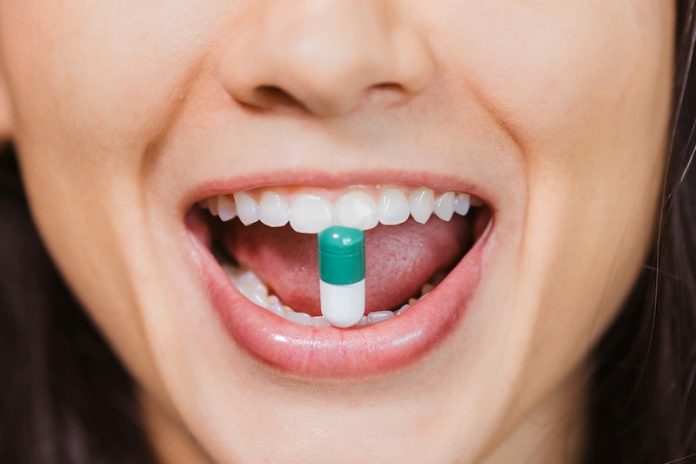
In a recent study, scientists found an interesting connection between the amount of vitamin B1 (also known as thiamine) people eat and how well their minds work as they get older.
It turns out that eating the right amount of this vitamin is like finding a sweet spot for keeping your brain sharp.
Thiamine is a vitamin that our bodies need to help turn food into energy and keep our brain cells working well. You can find it in foods like whole grains, some cereals that have extra vitamins added, beans, liver, and salmon.
There’s been some talk before about how taking a lot of vitamin B1 might help people who are just starting to have trouble with their memory or thinking clearly.
But, it wasn’t really known if the usual amount of vitamin B1 people get from their food could slow down or speed up these brain troubles.
To dig deeper into this, researchers looked at a big study from China that started in 1989. This study included a lot of people from all over the country.
Specifically, they focused on 3,106 people who were 55 or older and didn’t have any signs of memory or thinking problems at the beginning. These people were part of the study for about 6 years, and their brain health was checked several times.
The way they figured out how much vitamin B1 people were getting was by asking them in detail about what they ate over three days. Then they used these food diaries to calculate the nutrients in their diet.
They used some special tests to see how well people could remember words, pay attention, and do some quick math in their heads. These tests gave them scores that showed how sharp their thinking skills were.
What they found was really interesting. There was a certain amount of vitamin B1 that seemed just right for keeping the brain working well. Eating about 0.68 milligrams of vitamin B1 a day was the sweet spot.
Eating less than that didn’t seem to cause any problems, but eating more started to be linked with the brain not working as well over time.
For the best chance at keeping a sharp mind, it seemed that having between 0.6 and just under 1 milligram of vitamin B1 every day was the way to go.
This was still true even when they considered other vitamins and different types of food people were eating.
It’s important to note that this study just watched what happened over time; it didn’t try to change anyone’s diet to see what would happen. So, it can’t say for sure that vitamin B1 is the reason for the changes in brain health.
Plus, the study was only done in China, so we don’t know if these findings would be the same for people in other countries.
The scientists think that not having enough vitamin B1 might mean the brain doesn’t get enough energy, and that could make it harder to think clearly.
They’re hoping more research will be done to confirm their findings because it could mean that making sure to eat the right amount of vitamin B1 could help older people keep their minds sharp.
If you care about nutrition, please read studies about how Mediterranean diet could protect your brain health, and the best time to take vitamins to prevent heart disease.
For more information about nutrition, please see recent studies that olive oil may help you live longer, and vitamin D could help lower the risk of autoimmune diseases.
The research findings can be found in General Psychiatry.
Copyright © 2024 Knowridge Science Report. All rights reserved.



